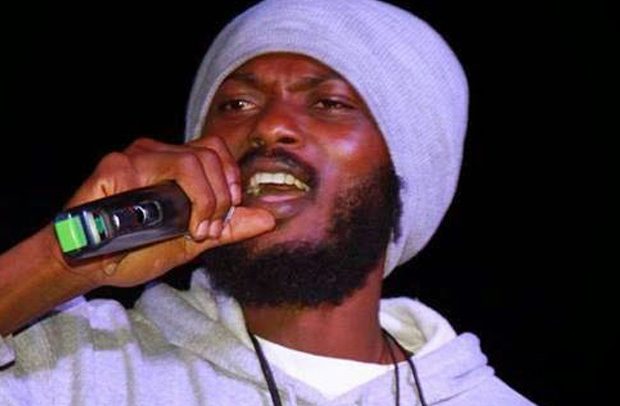Iwan
One of Ghana’s reggae/dancehall artistes, Abdul Razak Issahaku aka Iwan, has expressed concern about the seemingly lukewarm attitude of radio DJs and presenters towards the promotion of his music.
He criticized radio DJs and presenters for failing to promote his music as well as that of other local artistes; a situation which, according to him, had resulted in the collapse of the Ghanaian music industry and was also killing creativity.
Iwan, who is one of Ghana’s reggae/dancehall artistes whose contribution to the dancehall fraternity cannot be overlooked, said though Ghanaian radio DJs and presenters could refuse to air his songs on their networks, they could not stop his teeming fans from listening to his music.
“You can stop playing Iwan songs on radio but you can’t stop the youth from listening to Iwan. My mission is just to preach teach and entertain,” he posted on Facebook.
According to him, the new generation is catching up gradually and there will not be the need to rely on radio airplays.
He blamed radio station owners for allowing their networks to be used to undermine the progress of local artiste as well as the local music industry.
In an interview, the acting president of the Musicians Union of Ghana (MUSIGA), Bessa Simons, called on Ghanaian DJs and presenters to play more local music on their platforms.
Bessa Simons, who believes that working together with the radio stations is a major way of marketing and selling Ghanaian music, declared that if Ghanaian highlife music was played on all the radio stations in the country, it would help in the promotion of Ghanaian music as well as Ghana’s rich creative industry to the outside world.
The acting president of MUSIGA believes that working together with radio stations will also create opportunity for the stakeholders in the music industry to promote their works.
He, however, urged his fellow musicians to find ways of appreciating the DJ’s, presenters and other media personalities who help to promote their work and brand because both parties could not do without the other.
By George Clifford Owusu


